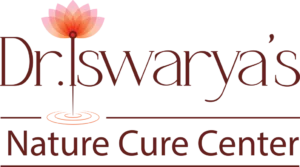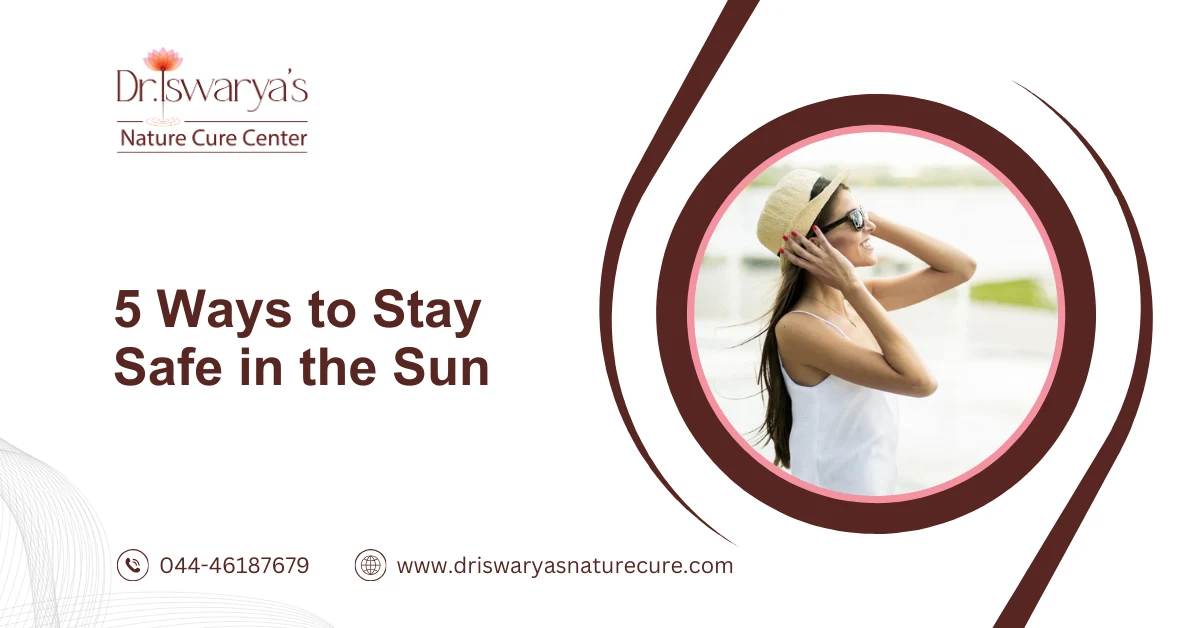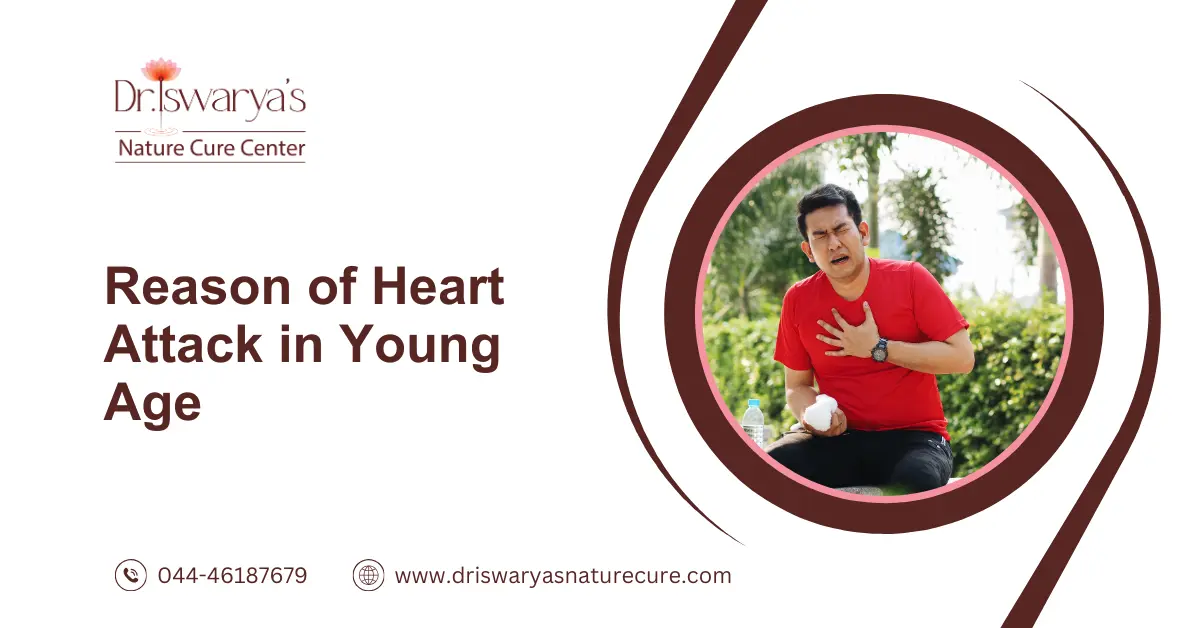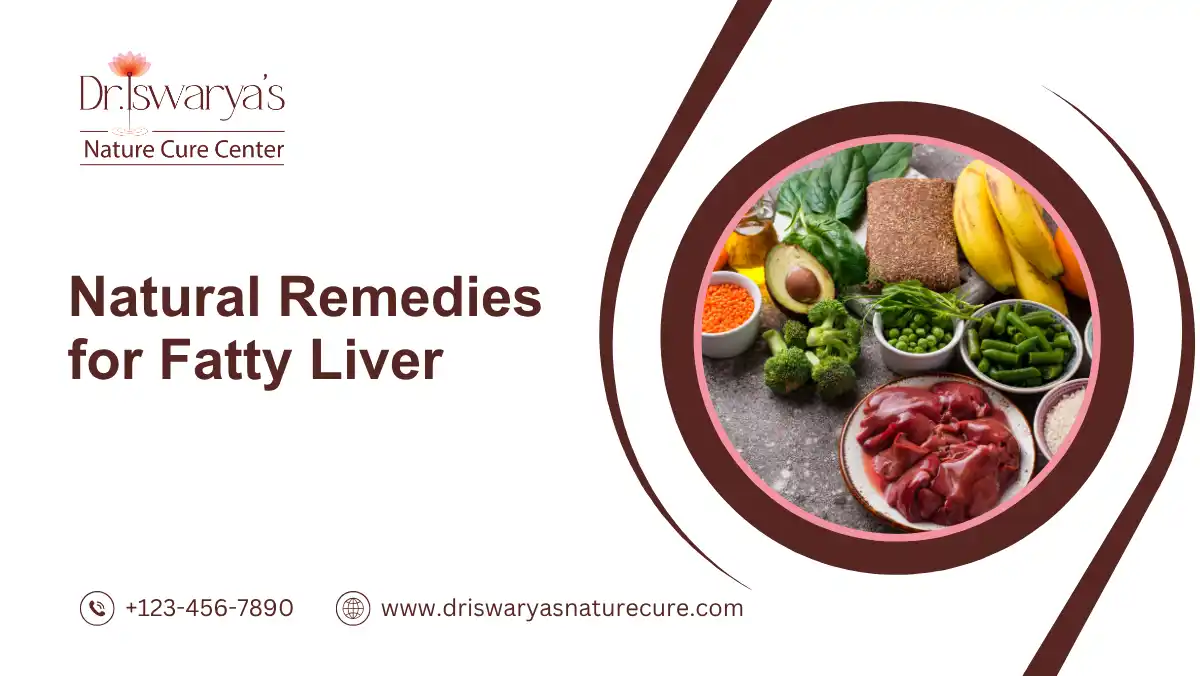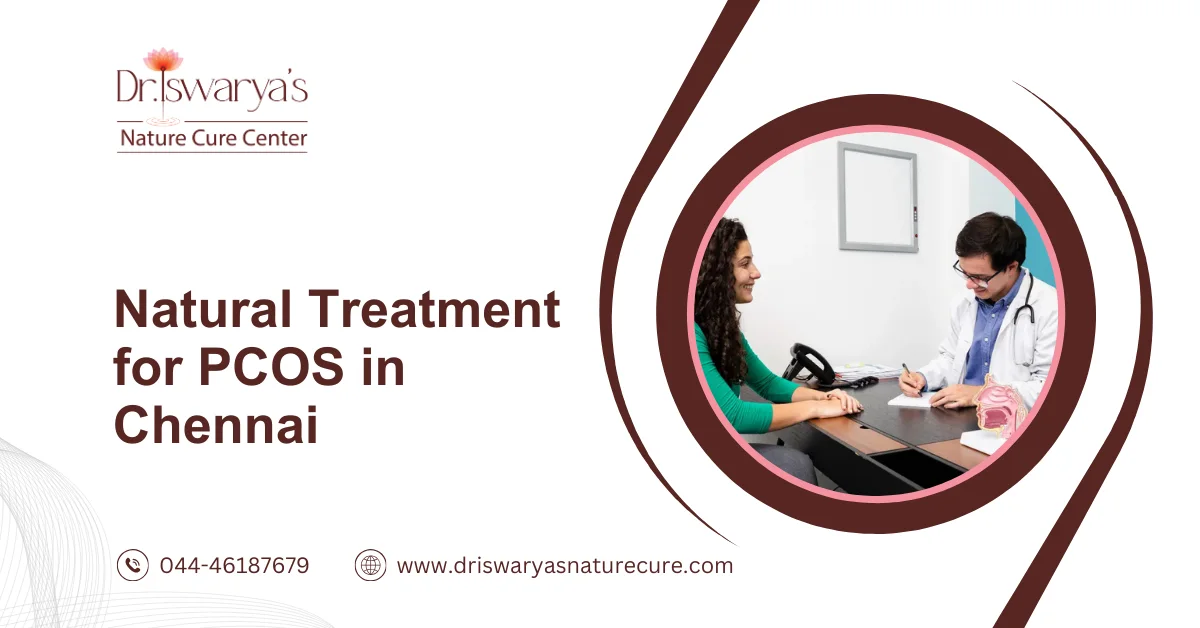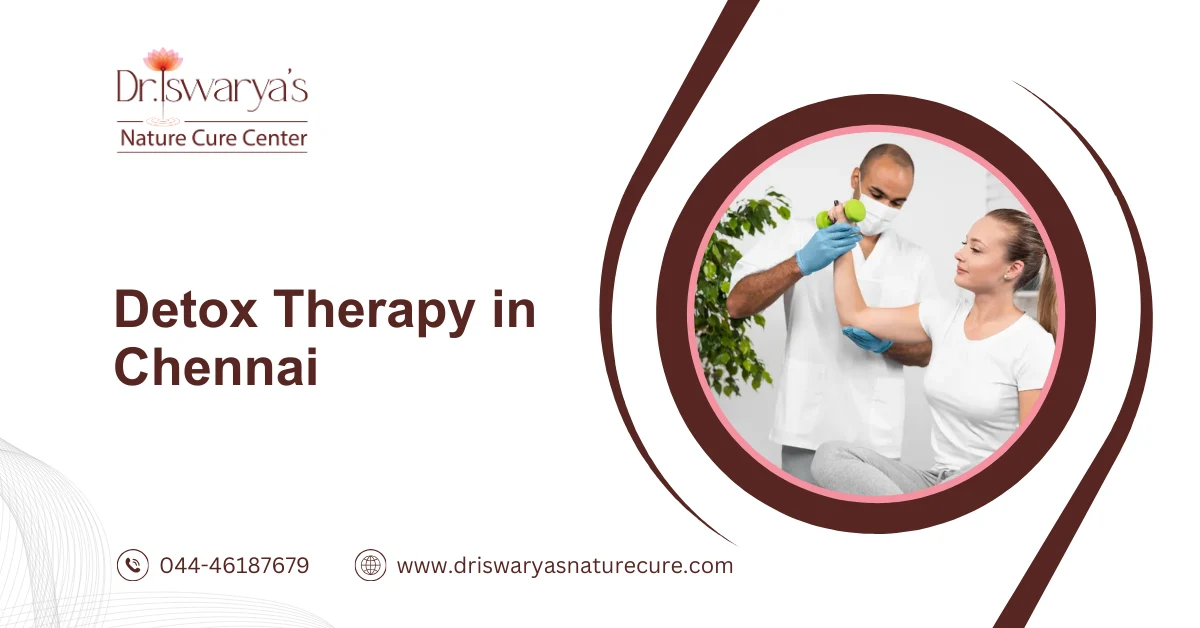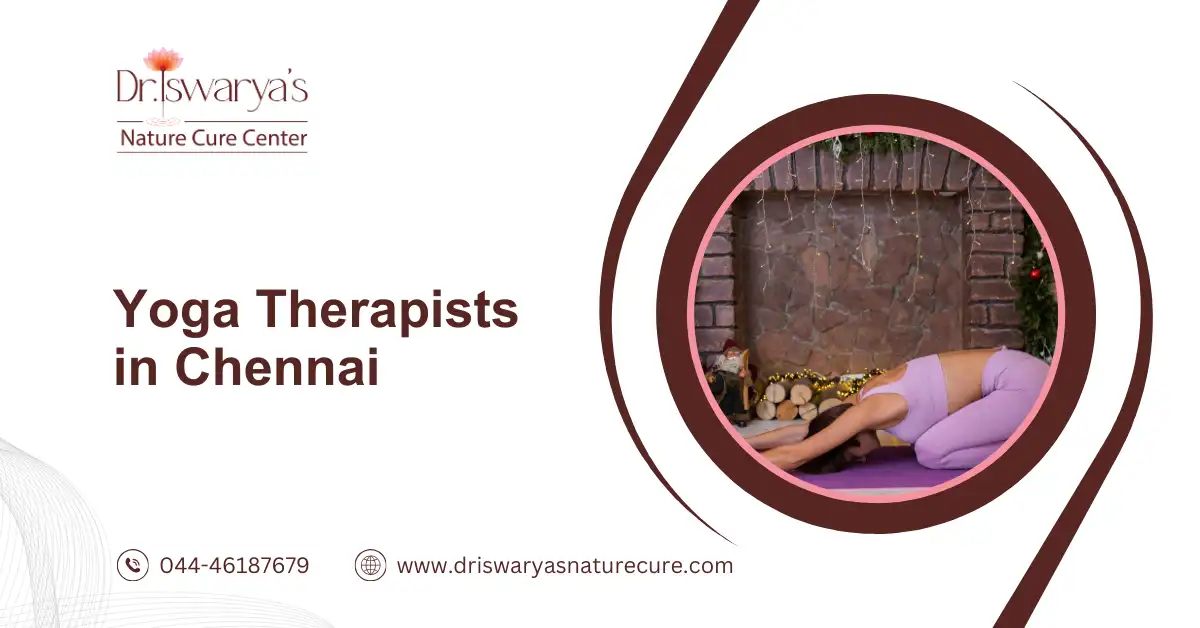Manipulative therapies refer to a range of techniques designed to address physical discomfort, enhance well-being, and promote relaxation. These therapies rely on the application of pressure, touch, and specific movements to stimulate the body’s natural healing processes. From therapeutic massage to various holistic practices, these treatments are tailored to meet individual needs, making them integral in managing chronic pain, reducing stress, and promoting mental clarity.
Many of these practices have a deep-rooted history in traditional medicine systems, such as Ayurveda, and have been proven effective in managing a wide range of health issues. The rising popularity of these therapies underscores their importance in modern wellness routines. These therapies not only provide physical relief but also enhance mental peace and relaxation, making them an essential part of holistic health.
Therapeutic Massage Therapy
Therapeutic massage therapy is one of the most widely used manipulative therapies, focusing on alleviating muscular tension, improving circulation, and promoting relaxation. By targeting specific pressure points and muscle groups, massage therapy aims to improve both physical and mental health. It is particularly effective for individuals dealing with stress, chronic pain, or injury recovery.
A key benefit of therapeutic massage is its ability to reduce muscle stiffness and improve joint mobility, which is especially helpful for those with arthritis or other musculoskeletal conditions. Regular sessions can help in managing conditions such as headaches, back pain, and fibromyalgia by improving circulation and releasing endorphins, the body’s natural painkillers.
- Reduces muscle tension and improves joint mobility: Therapeutic massage works by relieving muscle stiffness, improving flexibility, and promoting better joint movement, which can significantly reduce discomfort for individuals with musculoskeletal conditions such as arthritis and fibromyalgia.
- Alleviates chronic pain and stress-related issues: By targeting pressure points, massage therapy can help break the cycle of pain and stress, providing relief to individuals suffering from conditions such as chronic back pain, muscle strains, or tension headaches.
- Enhances circulation and promotes overall wellness: Increased blood flow from massage therapy helps oxygenate tissues, speeds up the removal of waste products, and promotes overall health, which is beneficial for both physical and mental well-being.
The practice of therapeutic massage has seen growing acceptance in both clinical and wellness settings, as it provides tangible benefits for physical and mental well-being.
Abhyanga (Herbal Oil Massage)
Abhyanga is a traditional Ayurvedic therapy that involves the use of warm herbal oils applied to the body in specific rhythmic strokes. This therapy aims to nourish the skin, detoxify the body, and improve the overall balance of the body’s energies. The oil used in Abhyanga is often infused with natural herbs known for their healing properties, such as sesame oil, coconut oil, or mustard oil.
Abhyanga offers numerous benefits, particularly for individuals suffering from anxiety, fatigue, and poor circulation. The therapy helps in detoxifying the body by promoting the elimination of toxins through the skin. It also stimulates the lymphatic system, enhances blood flow, and reduces the effects of stress. The calming touch used during this therapy helps soothe the nervous system, encouraging relaxation and mental clarity.
- Detoxifies the body and nourishes the skin: Abhyanga helps in eliminating toxins from the body by stimulating the lymphatic system and improving the skin’s health through the use of nourishing oils, leaving you with glowing and healthy skin.
- Improves circulation and reduces stress levels: The rhythmic strokes during Abhyanga help in enhancing blood circulation, promoting relaxation, and reducing stress hormones, making it an excellent therapy for overall wellness.
- Balances the body’s natural energies and promotes relaxation: By incorporating Ayurvedic principles, Abhyanga restores balance to the body’s energies (Vata, Pitta, and Kapha), allowing for a deeper sense of calm and relaxation that can last for days.
Abhyanga, with its soothing techniques and healing oils, is more than just a physical therapy—it is a deeply restorative treatment for both the body and mind.
Shirodhara (Stress & Anxiety Relief)
Shirodhara is an ancient Ayurvedic therapy that involves gently pouring a continuous stream of warm herbal oil or decoction onto the forehead, specifically the “third eye” area. This procedure is known for its profound effects on relieving stress and anxiety, promoting mental clarity, and enhancing emotional balance.
The gentle and rhythmic flow of oil creates a calming sensation, helping to soothe the nervous system. This therapy is particularly effective for those who experience high levels of stress, insomnia, or mental fatigue. Shirodhara is often used in conjunction with other therapies to enhance its effectiveness in promoting relaxation and emotional healing.
- Reduces stress and anxiety, improving mental clarity: The continuous flow of oil over the forehead activates calming receptors in the brain, promoting relaxation and reducing symptoms of anxiety, leaving the mind clearer and more focused.
- Improves sleep quality and promotes emotional balance: Shirodhara has been shown to improve sleep quality by calming the nervous system, which makes it an excellent treatment for individuals suffering from insomnia or emotional instability.
- Targets the nervous system to relieve mental fatigue: The therapy directly affects the nervous system, easing tension and helping the mind recover from the overwhelming effects of mental fatigue and stress.
Shirodhara not only provides relief from everyday stress but also nurtures the mind, offering a pathway to greater mental well-being.
Aromatherapy
Aromatherapy is the practice of using essential oils extracted from plants to improve physical, emotional, and psychological well-being. These oils are either inhaled or applied topically, offering a variety of therapeutic benefits depending on the oil used. Aromatherapy is recognized for its ability to influence mood, reduce stress, and enhance overall relaxation.
The essential oils used in aromatherapy have been shown to have various effects on the body and mind. For example, lavender oil is commonly used to promote relaxation and reduce anxiety, while eucalyptus oil is known for its ability to clear congestion and improve respiratory health. The therapeutic use of these oils makes aromatherapy a versatile treatment for individuals seeking holistic healing.
- Reduces stress, anxiety, and promotes relaxation: Essential oils such as lavender, chamomile, and sandalwood help soothe the nervous system, promoting a sense of calm and relieving anxiety and stress.
- Improves sleep quality and mood regulation: Oils like lavender and bergamot are known for their sleep-enhancing and mood-stabilizing properties, making aromatherapy an effective treatment for individuals suffering from insomnia or emotional fluctuations.
- Supports immune health and overall wellness: Essential oils like eucalyptus and tea tree oil are renowned for their antimicrobial properties, helping to boost the immune system and protect against illness, while enhancing overall health and vitality.
Aromatherapy offers a simple yet powerful approach to achieving emotional and physical well-being by integrating the natural benefits of plant-based oils.
Conclusion
Manipulative therapies, such as therapeutic massage, Abhyanga, Shirodhara, and aromatherapy, offer diverse and effective solutions to enhance both physical and mental health. These therapies focus on promoting relaxation, improving circulation, and balancing the body’s natural energies. They play a crucial role in managing stress, relieving chronic pain, and boosting overall well-being. By incorporating these therapies into your wellness routine, you can achieve a more balanced and rejuvenated state of health. For those seeking a comprehensive approach to healing and relaxation, Dr. Iswarya’s Nature Cure Center offers a range of manipulative therapies tailored to individual needs. Embrace the power of holistic healing and experience the benefits of these transformative treatments today.
